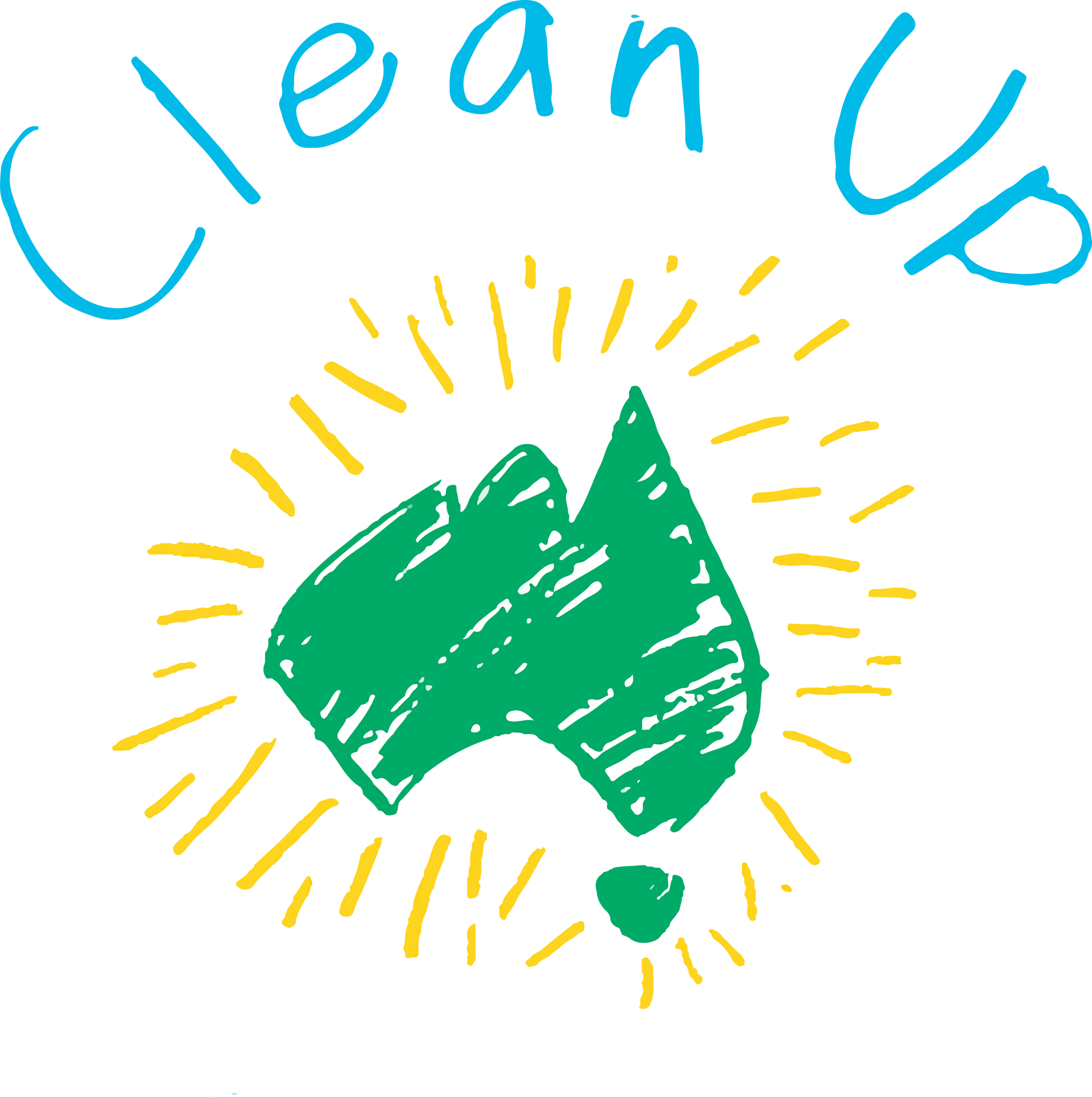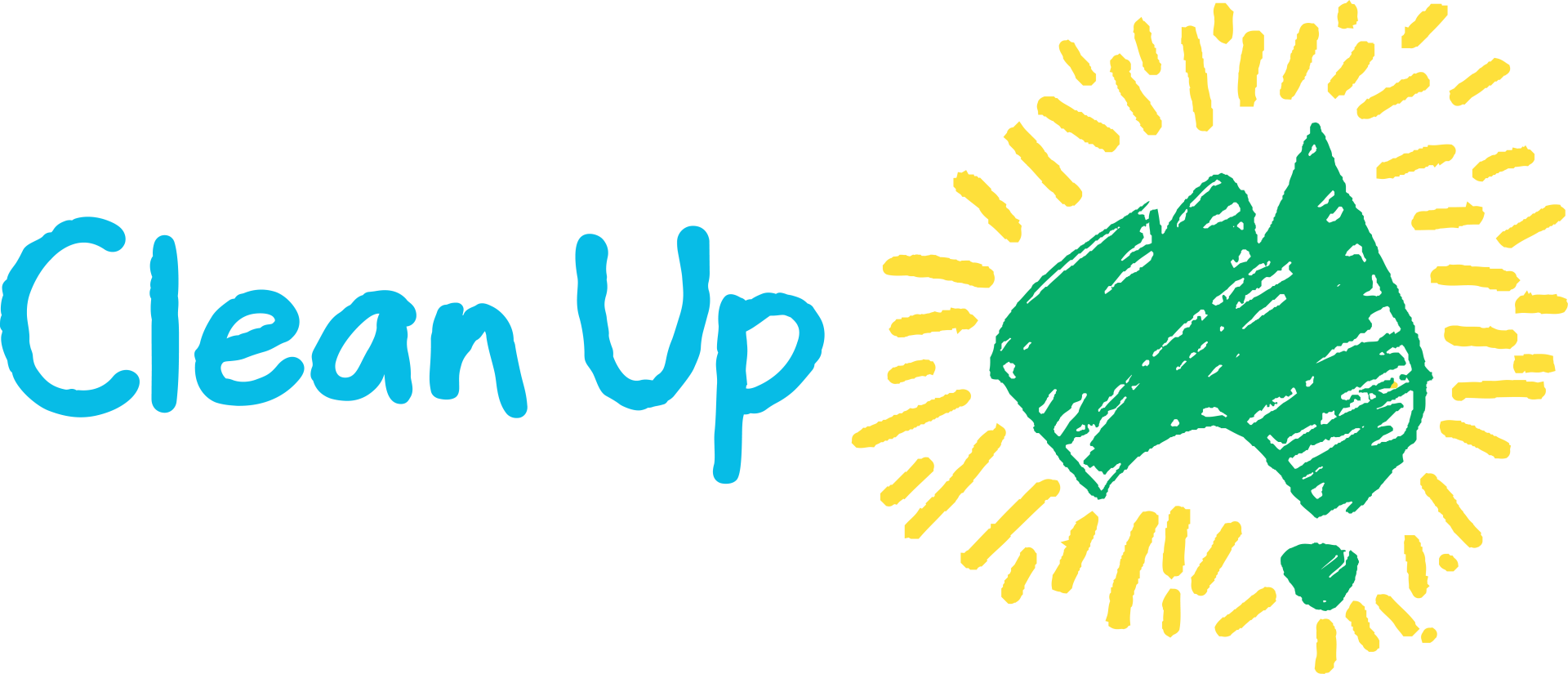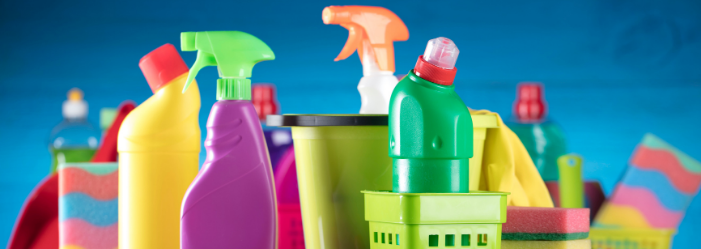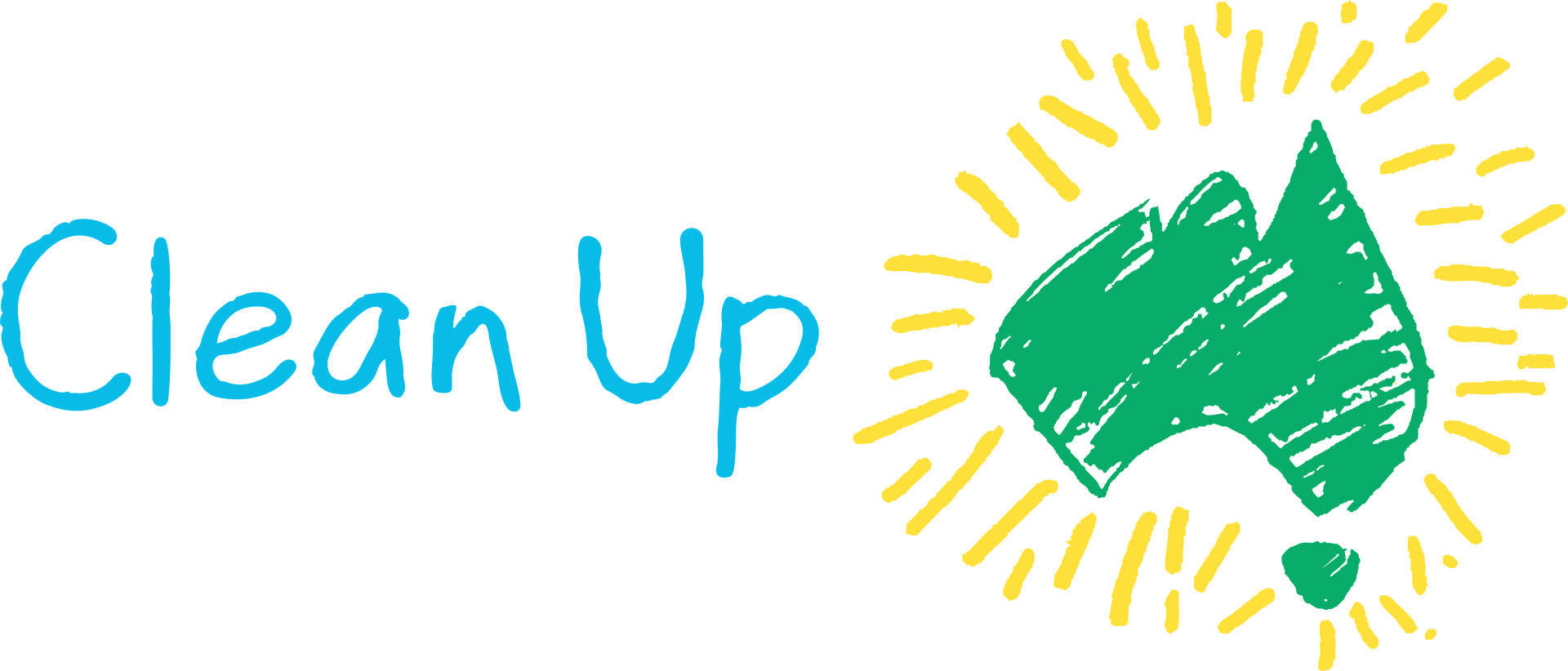The Low-down on Low-waste Cleaning
by Mackenzie Smith
Here’s how to give your place a sustainable spring clean.
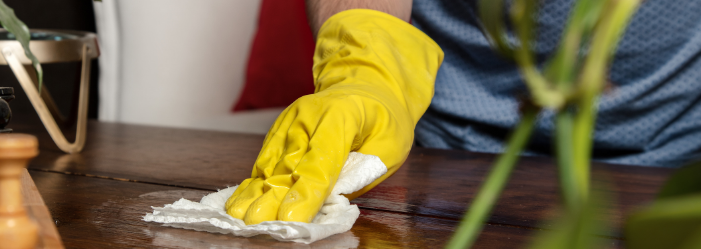
- Recycled/recyclable packaging – with reports that only 12% of plastics are successfully recycled in Australia, businesses that re-purpose post-consumer plastics are massively supporting the push to improve these statistics. Alternatively, look for companies who cut out the middleman by allowing you to return or refill your packaging directly with them.
- Plant-based formulas – by harnessing the natural antiseptic and antibacterial properties of our leafy friends, plant-based (or all-natural) cleaners are both highly effective and sustainable. What’s not to love?
- Greywater safe – the vulnerability of Australia’s fresh water supply is a growing concern for many communities. By enabling households to re-use waste water in their gardens, greywater systems provide a potential solution to mitigate the impact of this crisis. Unsurprisingly, harsh chemical substances can have a devastating impact on plant, soil and insect health, so before adopting these systems it is important to ensure that the products that go down your drain are certified greywater safe.
- Australian Made – supporting local jobs, utilising domestic supply chains and minimising shipping emissions are all excellent reasons to buy Australian Made, regardless of what you are purchasing. To top it off, small and independent cleaning product manufacturers are often incredibly conscientious when developing their formulas, ensuring that they are safe for you and for the planet.
Concentrate!
No that wasn’t a command. But seriously, this is important stuff!
Did you know that a typical bottle of household cleaner contains approximately 90% water? Yes, that very same stuff that we get from a tap! Not only do these products require extra processing and packaging, but the additional water weight also significantly increases the CO2 emissions created during shipping.
Thankfully a number of forward-thinking businesses have come up with innovative solutions in the form of cleaning concentrates. These often come in small recyclable or dissolvable pouches and contain all of the powerful stuff with none of the water. Simply decant the contents into an old cleaning bottle, fill up from the tap and use.
Easy as that!
Consider your cloths
To allow cleaning tools to do their job properly it is, of course, important to ensure that they are fresh and germ-free before each use. Unfortunately, this is often achieved by disposing and replacing them. Not only does this create unnecessary waste but, as cleaning cloths and sponges are generally made from synthetic fibres, they are non-recyclable and take hundreds of years to decompose in landfill.
The best way to break this cycle is to invest in machine washable alternatives which can safely be used again and again. There are multiple options on the market made from materials such as cotton, hemp and vegetable cellulose; all of which will naturally biodegrade at the end of their life. For those ‘up-cyclers’ amongst us, this can be used as an opportunity to get creative and repurpose old scraps of fabric into cleaning rags and even eco-sponges.
Don’t be hasty
After reading your way through this post, you may want to immediately detox your cleaning cupboard of unnecessary products and packaging. HOLD IT! This will likely cause unnecessary waste and do more harm than good. It’s far better to safely finish up the supplies that you already have, then reuse, recycle or otherwise dispose of the packaging once no longer required.
Remember, there’s no one size fits all approach to sustainable cleaning, but to quote Anne Marie Bonneau “We don't need a handful of people doing zero waste perfectly. We need millions of people doing it imperfectly”.
Be savvy and find what works for you!
Mackenzie Smith is a Melbourne based ‘low-waster’ and advocate for the small lifestyle changes that everyone can adopt to collectively reduce our environmental impact.
Search for other blog topics:
